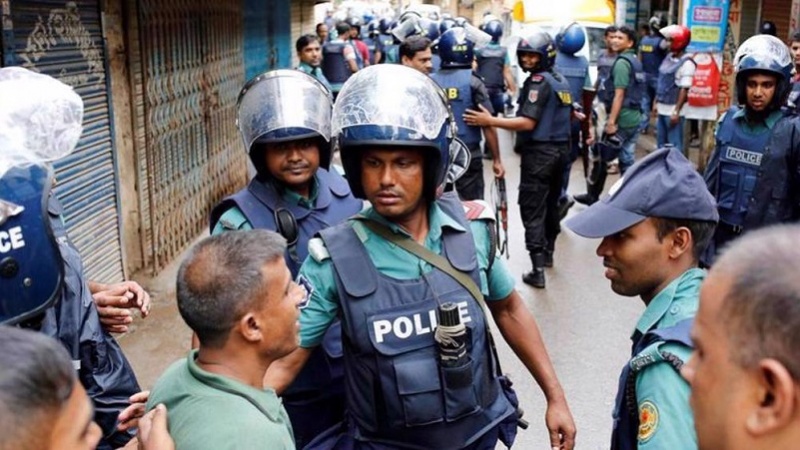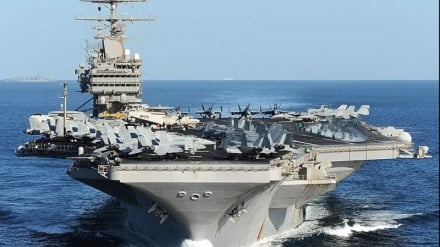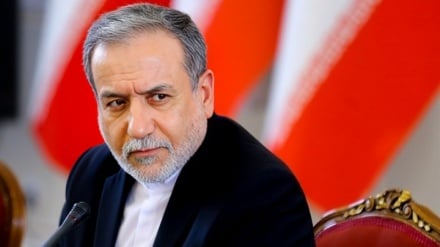US sanctions Bangladesh for Dhaka's growing proximity with Beijing
-

Police keep the public away near the site of a police operation on militants on the outskirts of Dhaka, Bangladesh, on July 26, 2016.
With Dhaka firmly resisting the US overtures to join the Quad alliance in order to counterbalance growing Chinese power in the Indo-Pacific region, tensions between the two countries are rising.
This week, the Joe Biden administration imposed sanctions on Bangladesh’s Rapid Action Battalion (RAB), accusing it of involvement in hundreds of disappearances and extrajudicial killings since 2018.
Seven current or former officials of the RAP were also sanctioned, including Benazir Ahmed, one of RAB’s previous chiefs, over alleged rights abuses.
In a statement on Sunday, US Secretary of State Antony Blinken said they are determined to put human rights at the centre of the Biden administration’s foreign policy.
“We reaffirm this commitment by using appropriate tools and authorities to draw attention to and promote accountability for human rights violations and abuses,” he said.
Bangladesh, which has in recent years captured global attention owing to its remarkable economic growth, was quick to respond to the US move.
Bangladeshi Foreign Secretary Masud Bin Momen summoned the US Ambassador, Earl R. Miller, on Saturday “to convey Dhaka’s discontent.”
In a statement, Bangladesh’s foreign ministry “regretted that the US decided to undermine an agency of the government that had been on the forefront of combating terrorism, drug trafficking and other heinous transnational crimes that were considered to be shared priorities with successive US administrations.”
The sanctions have less to do with human rights situation in the South Asian country and more to do with the changing regional dynamics and China’s growing influence in the Indian Ocean, believe experts.
ME


